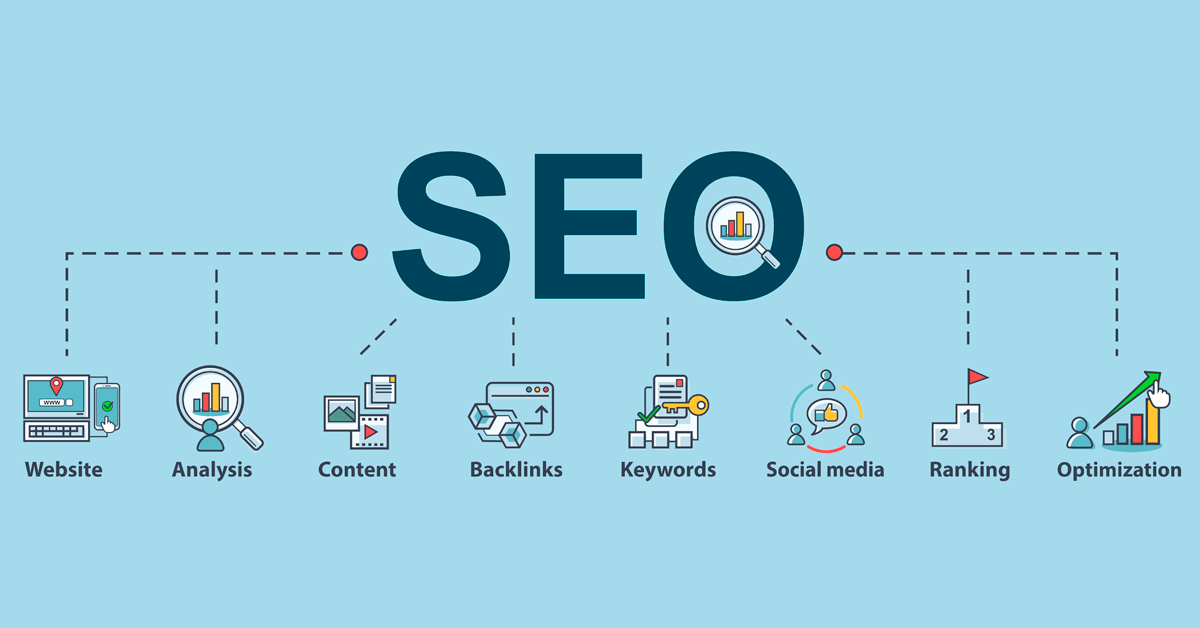
Are you looking to optimize your website for SEO? On-page SEO is an essential component for success. It can seem like a daunting task, but with the right information and the right tools, you can get your site optimized for maximum visibility. This blog post is your definitive guide to on-page SEO – everything you need to know, from the basics of keyword research and selection to advanced strategies for optimizing content and improving your page rankings. Whether you’re a beginner or an experienced SEO practitioner, this guide will walk you through the steps you need to take to ensure that your website is properly indexed and ranked by search engines. We’ll cover the different techniques you can use to optimize your website, including how to properly implement meta tags and make use of the most effective HTML markup. We’ll also discuss the importance of creating quality content and developing a comprehensive link building strategy. By the end of this guide, you’ll have a comprehensive understanding of on-page SEO and know exactly how to apply

Contents
Optimizing Page Content
On-page SEO is a critical factor in ensuring that your website is able to rank well in search engine results pages (SERPs). Optimizing your page content is one of the most important components of on-page SEO. This includes ensuring that your content is relevant to the topic of the page, is well-written and optimized for keywords, and is free of grammatical and spelling errors. Additionally, you should always focus on creating content that is unique, engaging, and of high-quality. Optimizing your page content can help to ensure that your website is visible and attractive to search engines and visitors alike.
Optimizing Page Titles
Page titles are one of the most important on-page SEO elements, as they tell both search engines and users what the page is about. Optimizing page titles is essential for improving the visibility of your pages in SERPs. To optimize page titles for SEO, make sure you include the primary keyword for the page and keep the title length between 50 and 60 characters. Additionally, try to include a benefit or compelling call to action in the title to make it stand out. Finally, keep in mind that titles should be unique across all pages on the website.
Optimizing Headings
Optimizing headings is a crucial part of on-page SEO, as it helps search engines better understand the content of your page. When creating headings, it is important to use relevant keywords, ensure that the headings accurately reflect what is written in the content, and that they are ordered logically. Additionally, it is important to ensure that the headings are formatted properly in HTML, with the correct tags, such as <h1>, <h2>, <h3>, etc. Finally, it’s a good idea to write descriptive headings that will not only help search engines better understand the content, but also increase the chances of getting more clicks from search engine results.
Optimizing Image Alt Texts
Optimizing image alt texts is an important aspect of on-page SEO. Alt texts tell search engines and visitors what an image is about and can help your page rank higher in search engine results. To optimize your image alt texts, make sure to include relevant keywords that accurately describe the image. Additionally, avoid any keyword stuffing and make sure the text is brief and easy to understand. Lastly, make sure to include the image file name in the alt text as this helps search engines interpret the image better.
Optimizing Internal Links
When it comes to optimizing internal links, you want to make sure that the anchor text you use is keyword-rich, contains the destination URL, and is relevant to the content on the source page. You should also consider the context in which the link appears, and how the link flows from one page to the next. Additionally, make sure there are no broken links or redirects that could lead to a bad user experience. Finally, use tracking metrics to measure the performance of your internal links and adjust them as necessary.
Overall, on-page SEO is an essential part of any SEO strategy and requires a lot of work and attention to detail. However, if you follow best practices and keep up with the ever-changing Google algorithm, you will be able to optimize your website and improve its visibility in the search engine results pages. With the right knowledge and tools, you can ensure your website gets the traffic it deserves.


